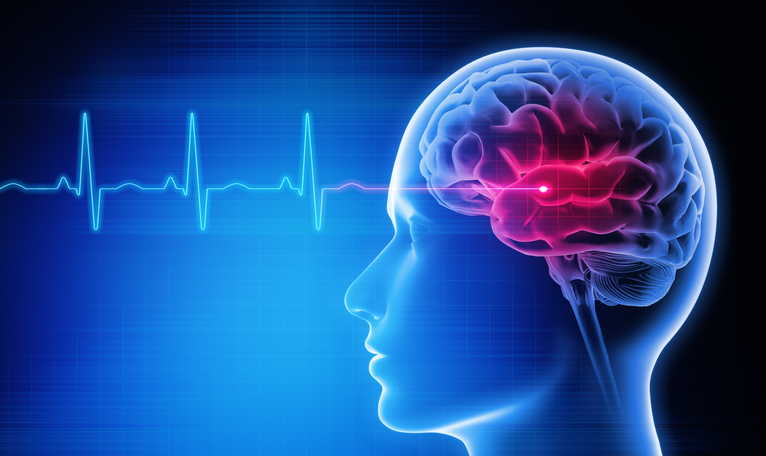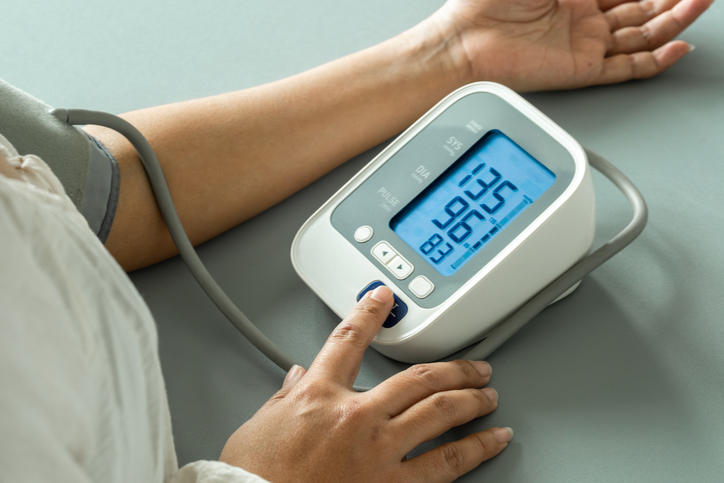
A new study shows that a pattern of heavy drinking is associated with an increase in three key blood biomarkers for cardiac tissue damage.
The analysis, published in the Journal of the American Heart Association, adds to previous research that has demonstrated a connection between excessive drinking and alcoholic cardiomyopathy (which leads to induced heart failure), hypertension, myocardial infarction (heart attack), heart arrhythmias, stroke, and even death.
“Alcohol drinking is an increasingly recognized risk factor for cardiovascular disease. However, there are few studies of the impact of harmful and hazardous drinking on biomarkers of myocardial health,” the researchers explained in the study abstract. “We conducted a study in Russia to investigate the impact of heavy drinking on biomarkers of cardiac damage and inflammation.”
A random sample of 2,479 participants from the general population of northwest Russia (plus an additional 278 patients comprising a narcology clinical sub-sample) who had self-reported alcohol problems. Participants were categorized into harmful drinkers, hazardous drinkers, nonproblem drinkers, and nondrinkers. The researchers took measurements of high-sensitivity cardiac troponin T, NT-proBNP (N-terminal pro-B-type natriuretic peptide) and hsCRP (high-sensitivity C-reactive protein).
“A person can have heart damage before symptoms occur, which we call subclinical heart disease,” said study author Olena Iakunchykova, MS, a PhD candidate in community medicine at the University in Tromsø, The Arctic University of Norway, in a press release. By measuring the level of certain molecules in the blood, we were able to find that heavy drinkers are much more likely to have subclinical heart damage than people who drink less heavily.”
According to the results, the sub-sample in the narcology clinic, representing the participants with the most extreme drinking patterns, had the highest levels of all three of the blood biomarkers when compared with nondrinkers and the general population. High-sensitivity cardiac troponin T levels were elevated by 10.3% (95% CI, 3.7 to 17.4), NT-proBNP levels by 46.7% (95% CI, 26.8 to 69.8), and hsCRP by 69.2% (95% CI, 3.4 to 67.2) compared with nonproblem drinkers. Two of the biomarkers (NT-proBNP and hsCRP) increased in intensity as the intensity of alcohol exposure increased (trend test, P<0.001).
“Our results suggest that people who drink heavily are creating higher than normal levels of inflammation in their bodies that have been linked to a wide range of health conditions including cardiovascular disease,” Iakunchykova said. “The study adds to what we already know about the health consequences of heavy alcohol consumption. We are now studying ultrasound images of the heart as it beats to help us identify the precise sorts of heart damage associated with heavy and harmful drinking.”
[Open Access🔓] Evidence for a direct harmful effect of alcohol on myocardial health: A large cross‐sectional study of consumption patterns and cardiovascular disease risk biomarkers. #FOAMed #cardioed #meded https://t.co/qBu837pfHx pic.twitter.com/TBmxkiy5he
— Medit (@Meditonline) December 18, 2019







 © 2025 Mashup Media, LLC, a Formedics Property. All Rights Reserved.
© 2025 Mashup Media, LLC, a Formedics Property. All Rights Reserved.